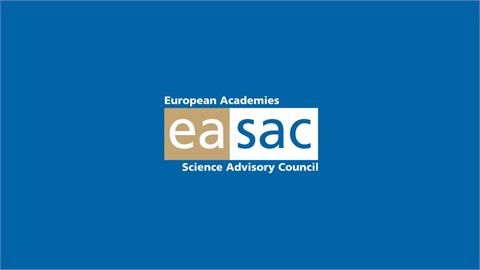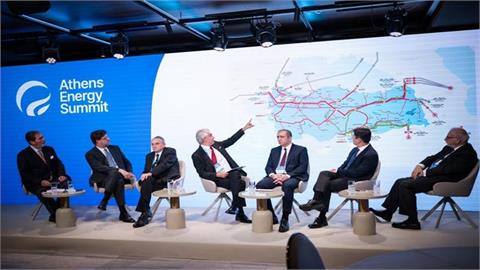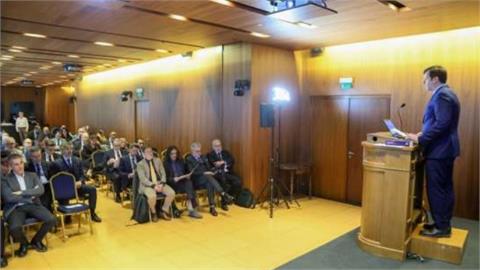The European Academies Science Advisory Council (EASAC) has been set up as a scientific interdisciplinary group, mobilizing Europe’s leading scientists to guide EU policy for the benefit of society. It brings together the National Academies of Science of the EU Member States, Norway, Switzerland and UK. It comprises three distinct programmes covering Biosciences and Public Health, Environment and Energy.
The European Academies Science Advisory Council (EASAC) has been set up as a scientific interdisciplinary group, mobilizing Europe’s leading scientists to guide EU policy for the benefit of society. It brings together the National Academies of Science of the EU Member States, Norway, Switzerland and UK. It comprises three distinct programmes covering Biosciences and Public Health, Environment and Energy. So far, the Energy Programme has produced 30 reports and statements since 2004, some of them jointly with the EASAC Environment Programme.
The latest project of EASAC’s Energy Programme concerns the “Security of Sustainable Energy Supplies” (SoSES) and on February 6/7 the appointed working group convened in Brussels to start work on this ambitious new project. More than 30 senior scientists and representatives from the different European Academies assembled in the Pallais des Academies for the kickoff meeting of the working group under the coordination of Dr. Bill Gillet, Director of the Energy Programme, and his co-chair Professor Paula Kivimaa.
As Bill Gillet pointed out in his introductory remarks, “the project will build on earlier EASAC work on the Future of Gas and on the Decarbonization of Transport and Buildings, as well as on the EU Hydrogen Strategy, and on the earlier EASAC reports on Electricity Storage and Nuclear Waste Management.”
“The study is anticipated to address all aspects of energy security and all existing and emerging sources of energy together with their transmission and distribution networks. It will review the reliability of the integrated EU energy system, during its transition to net zero by 2050, and its ability to deliver adequate supplies of sustainable energy affordably over the year from EU based sources together with a sufficiently diverse mix of suppliers from third countries. In addition, it will address the security of supplies of raw materials for energy technologies, and key socio-economic issues, including emission trading, sector coupling / integration, energy poverty, and financing.”
Nominated by the Academy of Athens as its special representative in this EASAC working group, the Chairman of IENE Mr. Costis Stambolis actively participated in this highly focused two-day meeting. Following introductions by the members of the WG and a presentation on Security in Sustainable Energy Transitions by the co-chair, a long line of senior officers from the EC, the IEA and other organizations paid their respects to the group and presented the latest developments in their special field of work. In this context the EASAC working group members had the opportunity to be informed on a wide range of issues ranging from the EU Energy Transition Policy and the Critical Materials Act to modelling and impact assessment for 2040 targets, to securing future supplies of net zero energy technology.
Work is now in progress in preparing the draft working document of the WG and accompanying analyses and relevant background research papers, with the objective of completing this challenging project before the end of the year.




